Revolutionizing the Future: The Impact of AI
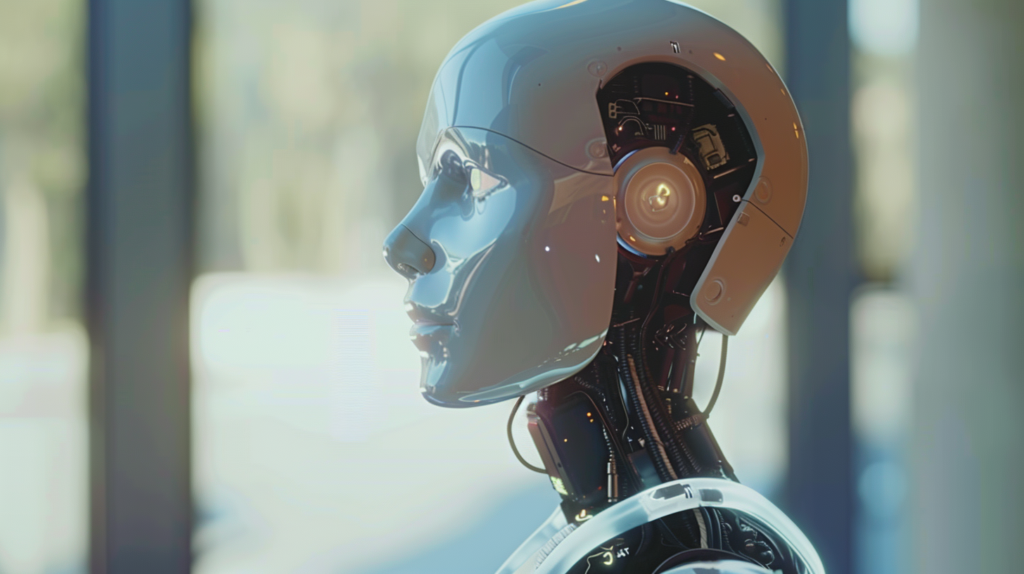
AI in Healthcare
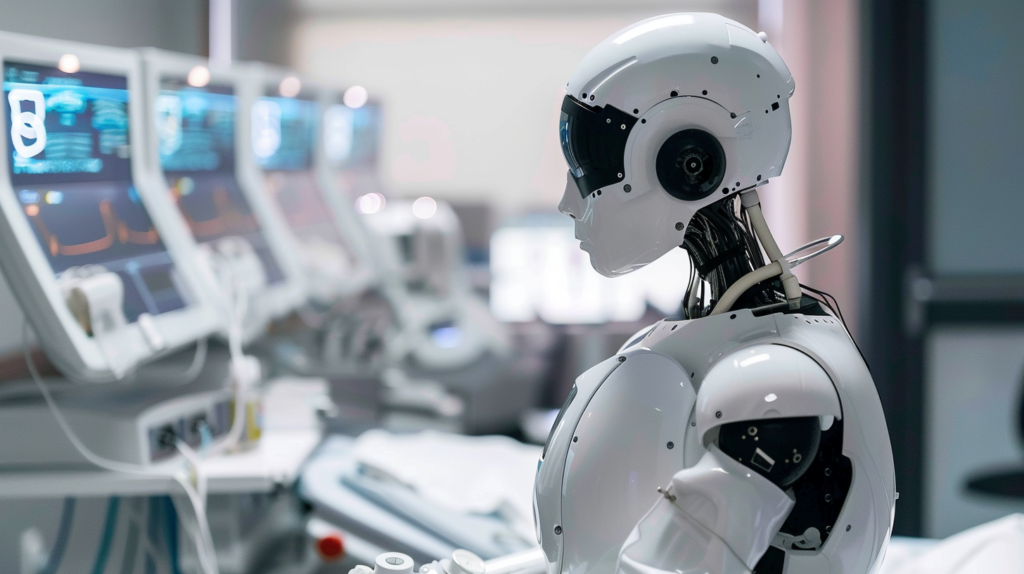
AI has made significant advancements in the field of healthcare, revolutionizing the way medical professionals diagnose and treat diseases. With the help of AI algorithms, doctors can now analyze large amounts of patient data to identify patterns and make accurate predictions. This has led to improved early detection of diseases, personalized treatment plans, and better patient outcomes.
Additionally, AI-powered robots and virtual assistants are being used in hospitals and clinics to assist with tasks such as patient monitoring, medication management, and even surgery. These technologies not only enhance the efficiency of healthcare delivery but also reduce the risk of human error.
Furthermore, AI is playing a crucial role in drug discovery and development. By analyzing vast databases of chemical compounds and predicting their interactions, AI algorithms can accelerate the process of identifying potential drug candidates, saving time and resources.
Overall, AI in healthcare is transforming the industry by improving diagnosis accuracy, enhancing patient care, and facilitating medical research and development.
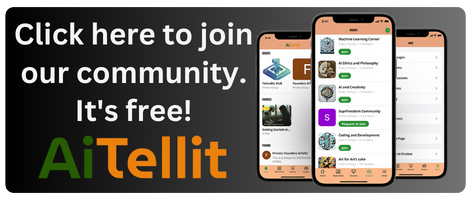
AI in Education
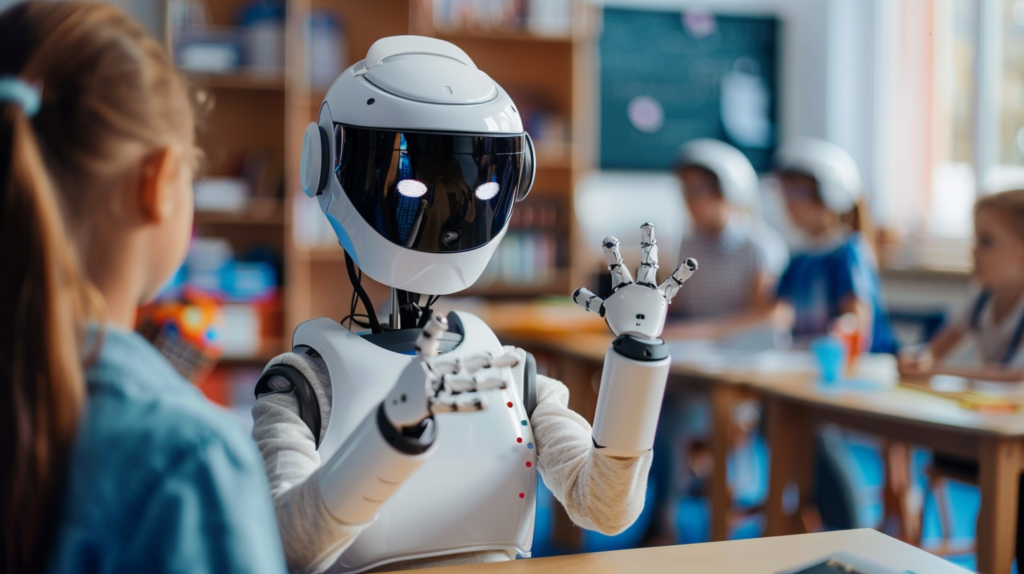
AI has the potential to revolutionize the field of education by personalizing learning experiences, improving teaching efficiency, and expanding access to education.
With the help of AI-powered educational platforms, students can receive personalized recommendations and adaptive learning paths based on their individual strengths and weaknesses. This not only maximizes their learning potential but also helps educators identify areas where additional support is needed.
AI can also assist teachers in administrative tasks such as grading, lesson planning, and student assessment. By automating these time-consuming tasks, educators can focus more on providing quality instruction and individualized support to students.
Furthermore, AI technologies like virtual reality and augmented reality can create immersive learning experiences, making education more engaging and interactive. These technologies can simulate real-world scenarios, allowing students to practice and apply their knowledge in a safe and controlled environment.
In addition, AI-powered chatbots and virtual assistants can provide instant support to students outside the classroom, answering their questions and providing guidance whenever needed.
Overall, AI in education has the potential to transform traditional teaching methods, improve learning outcomes, and make education more accessible to all.
AI in Transportation
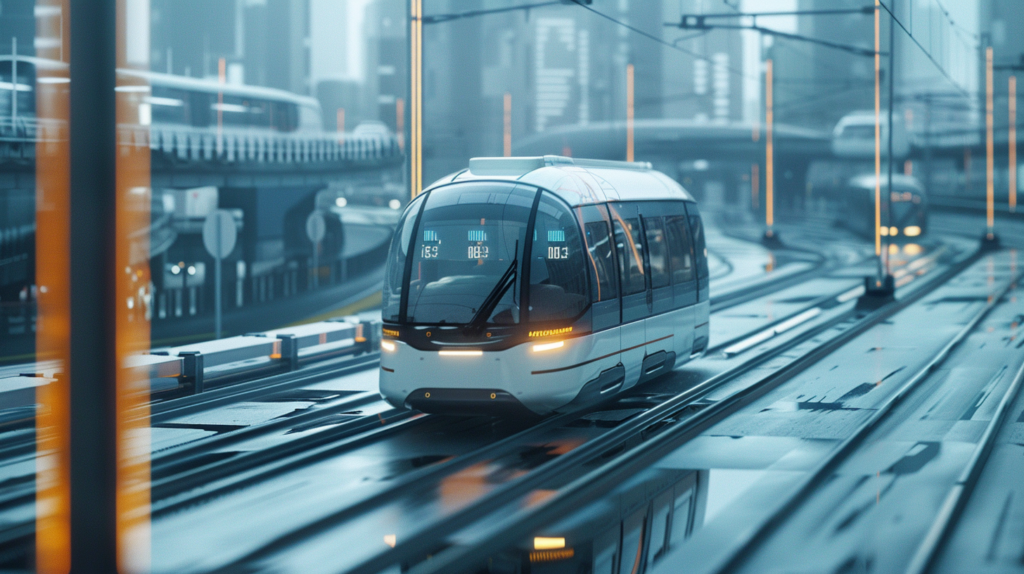
AI is revolutionizing the transportation industry by improving safety, efficiency, and sustainability.
In the automotive sector, AI technologies are being used to develop self-driving cars. These vehicles rely on AI algorithms and sensors to analyze real-time data from their surroundings, enabling them to make informed decisions and navigate through traffic. Self-driving cars have the potential to reduce accidents caused by human error and improve traffic flow.
AI is also playing a crucial role in optimizing logistics and supply chain management. By analyzing data on transportation routes, weather conditions, and demand patterns, AI algorithms can optimize delivery schedules, reduce fuel consumption, and minimize transportation costs.
Furthermore, AI-powered traffic management systems can analyze real-time traffic data and adjust traffic signals accordingly to reduce congestion and improve overall traffic flow.
Moreover, AI is being used to develop smart transportation systems that can provide real-time information to commuters, such as the best routes to take, estimated travel times, and public transportation options.
Overall, AI in transportation is transforming the way we travel by making it safer, more efficient, and more sustainable.
AI in Communication
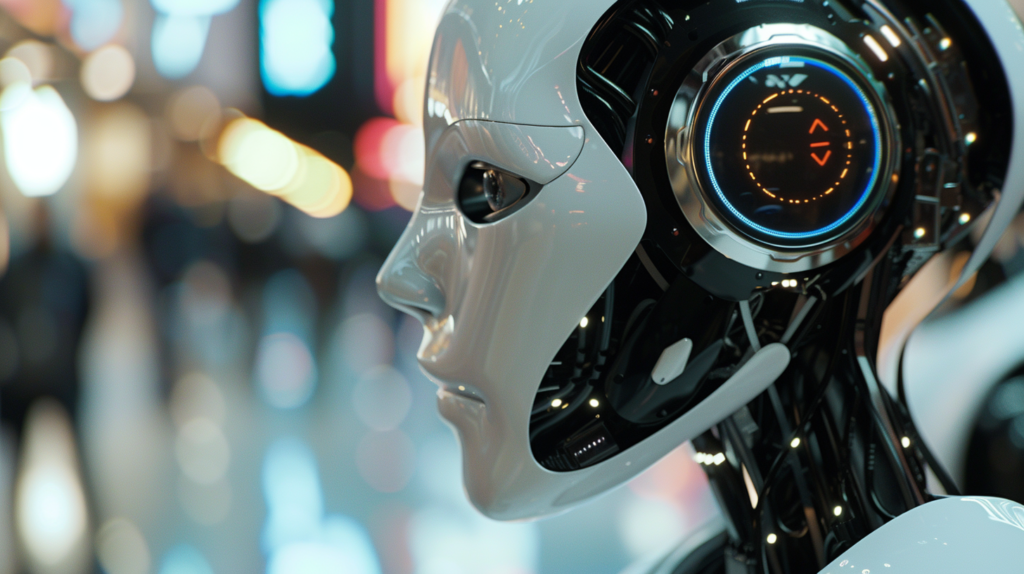
AI is revolutionizing communication by enabling more efficient and personalized interactions between individuals and businesses.
AI-powered chatbots and virtual assistants are being used by businesses to provide instant customer support and assistance. These chatbots can understand natural language and provide relevant information and solutions to customer queries, improving customer satisfaction and reducing response time.
AI is also being used to enhance language translation services. AI algorithms can analyze and interpret different languages, allowing for more accurate and efficient translation.
Furthermore, AI technologies like speech recognition and natural language processing are enabling voice-controlled devices and smart speakers, making it easier for individuals to interact with their devices and access information hands-free.
AI is also revolutionizing the field of marketing and advertising. By analyzing user data and behavior, AI algorithms can provide personalized recommendations and targeted advertisements, enhancing the effectiveness of marketing campaigns.
Overall, AI in communication is transforming the way we interact with businesses, improving customer experiences, and making communication more efficient.
AI in Entertainment
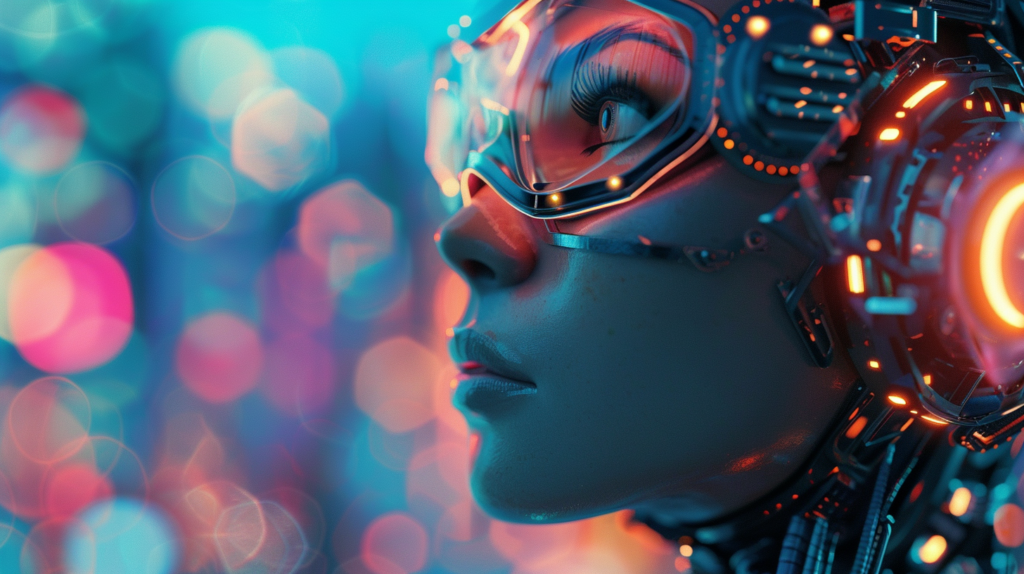
AI is revolutionizing the entertainment industry by enhancing content creation, personalizing user experiences, and enabling new forms of entertainment.
AI algorithms can analyze large amounts of data on user preferences and behaviors to recommend personalized content, whether it’s movies, TV shows, music, or books. This personalization enhances user experiences and helps individuals discover new forms of entertainment that align with their interests.
AI is also being used in content creation, such as generating music, writing stories, and even creating visual effects in movies. AI algorithms can analyze patterns and styles from existing works to generate original content, providing new and innovative experiences for audiences.
Furthermore, AI technologies like virtual reality and augmented reality are transforming the way we consume entertainment. These technologies can create immersive and interactive experiences, allowing individuals to step into virtual worlds and participate in unique storytelling experiences.
Moreover, AI-powered recommendation systems are enabling platforms like streaming services to curate personalized playlists and recommendations for users, making it easier for individuals to discover new music and explore different genres.
Overall, AI in entertainment is revolutionizing the way we consume and create content, enhancing user experiences, and pushing the boundaries of creativity.



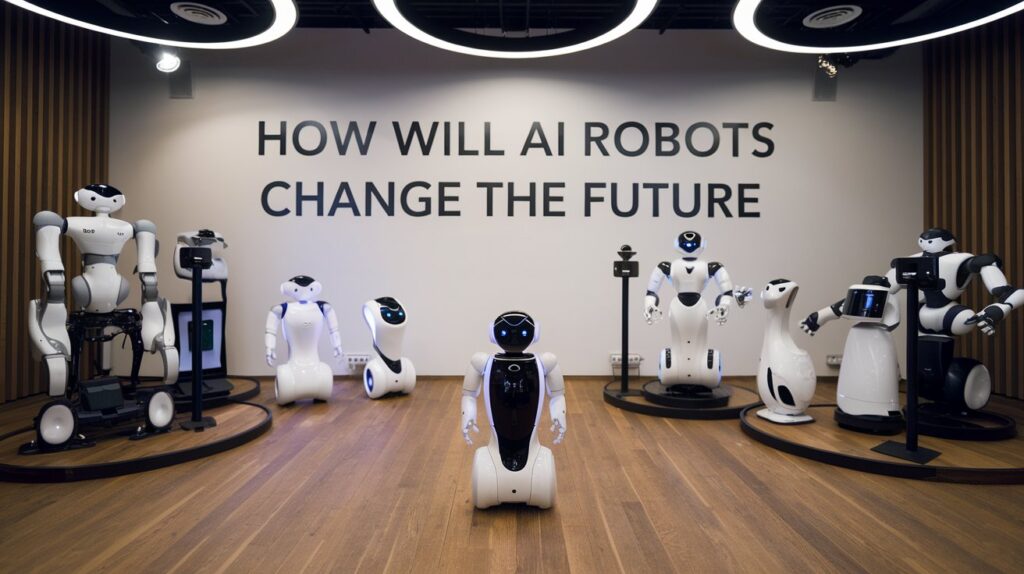
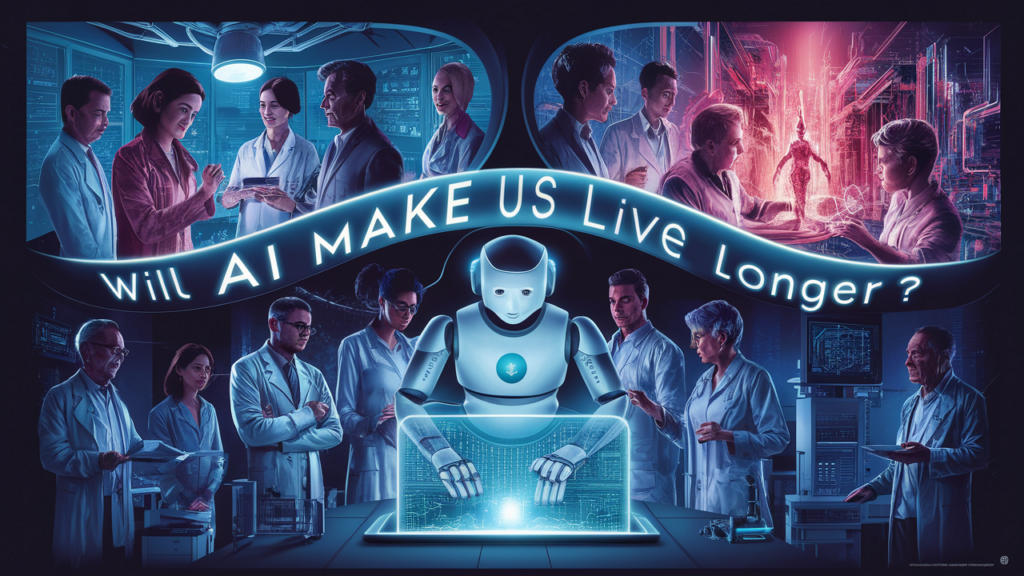



Responses